Bariatric surgery is a collective term that refers to all weight-loss surgeries. The three main types of bariatric surgery are gastric bypass, gastrectomy, and laparoscopic adjustable band.
According to the American Society for Metabolic and Bariatric Surgery (ASMBS), about 252,000 procedures were performed in America in 2018. The success of bariatric surgeries depends on adherence to the guidelines provided by the weight-loss surgeon. Dietary restrictions are at the top of the list. Here are some foods and drinks you should avoid.
Fluids to Avoid
A post-bariatric surgery diet is necessary to give your digestive system time to adjust. For the first few days after the procedure, you are only allowed to take fluids. However, the choices of liquids you can enjoy are limited. The following are some of the fluids you should stay clear of right after your surgery to allow for healing.
Alcohol
Most people don’t realize that alcohol is packed with calories. Consumption of alcohol will also occupy your new, much smaller stomach and fill the space that you need for actual food. Additionally, the alcohol absorption rate spikes after bariatric surgery. It could lead to unexpected intoxication and maybe even irritation of your post-surgical body. You should avoid alcohol for up to 6 months at minimum.
Caffeinated Drinks
The caffeine in coffee, tea, sodas, fruit juice, and corn syrup can cause dehydration leading to irritation. Eating sugary foods may also lead to nausea and vomiting, a condition called dumping syndrome. Instead, opt for non-sugary variations such as unsweetened juice and decaffeinated tea. You will need to steer clear of caffeine for at least two months.
Solid Foods to Avoid
After sustaining on fluids for a couple of weeks, you can graduate to solids. However, this transition is very gradual. You must first begin with pureed foods like ground meat, then to soft food such as eggs, and finally to solids. Experts recommend the consumption of food after eight weeks. Just like the liquids, you still have to pace yourself, and you’ll need to avoid certain solid foods, such as the following.
Dry Foods
As you begin to move towards solids, you are not allowed to eat and drink at the same time, as they can react poorly in your stomach. Dry foods such as nuts are a choking hazard, and you should avoid them in the early stages of eating solid foods. Eating softer things that are easier to swallow and to digest are best for your healing body.
High-fat Foods
Unfortunately, due to the contents, you will be advised to lay off high-fat foods for a while, such as sausage and bacon. These fats can cause nausea and vomiting when eaten too soon, as your body is no longer used to consuming such heavy products. You may introduce them back into your diet at a later date, but be sure to keep an eye on your consumption, as they can also be bad for your new, healthy diet.
Junk Food
Bariatric surgery reduces your stomach significantly. When a normal, healthy meal is consumed, there isn’t enough room for empty calories. The goal is to eat healthy and nutritious foods after the procedure. This means you do have to cut out some of the delightful but pointless (nutrition-wise) snacks such as pretzels, fries, chips, and pastries. Having one here or there won’t hurt you, but they cannot be a part of your standard diet.
Tough Meats
After undergoing a bariatric procedure, you have to chew as much as possible. The more you chew, the faster and easier it is for your body to digest. Avoid tough meats like steak, pork, and ham altogether in order to avoid choking and give your body the chance to get used to breaking down food again. Lean meats like fish, chicken, and turkey are much safer forms of protein to help fill you up and stay on your goals.
Talk with a Physician
Louis Balsama and his team have been performing bariatric surgeries for the last 12 years. With more than 1,000 successful procedures under their belt, you know you will be in safe hands. Leave nothing to chance, book an appointment today and learn why so many have trusted their bariatric surgery and post-surgical diets to the highly trained staff at Balsama Bariatric Surgery.






